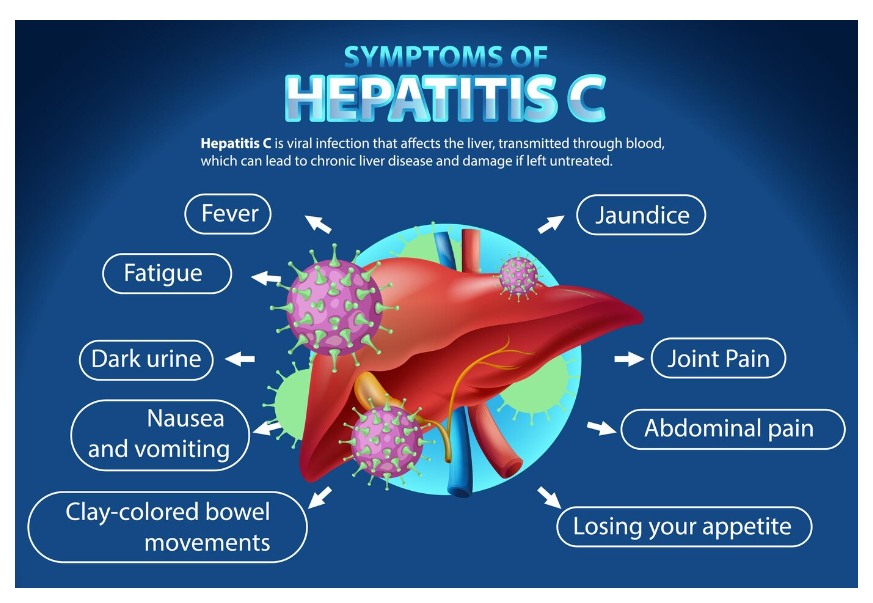
Causes and Transmission of Hepatitis C
Introduction: Hepatitis C is a viral infection that affects millions of people worldwide. Understanding how it spreads is crucial for prevention. Let’s delve into the causes and transmission of Hepatitis C in simple terms.
Causes of Hepatitis C
The primary cause of Hepatitis C is the Hepatitis C virus (HCV). This virus infects the liver and can lead to inflammation and damage over time. Unlike some other forms of hepatitis, such as Hepatitis A and B, Hepatitis C is not typically spread through contaminated food or water.
Transmission of Hepatitis C
Hepatitis C is mainly spread through exposure to infected blood. This can happen in various ways:
- Sharing Needles: Sharing needles or other equipment used for injecting drugs is one of the most common ways Hepatitis C is transmitted. This includes both illicit drugs and medical procedures where equipment may not be properly sterilized.
- Blood Transfusions: Before the widespread implementation of blood screening protocols, receiving a blood transfusion from an infected donor was a common cause of Hepatitis C transmission. However, this is rare today due to rigorous screening measures.
- Medical Procedures: While rare, Hepatitis C can be transmitted through medical procedures that involve exposure to infected blood, such as organ transplants, hemodialysis, and acupuncture, if proper sterilization procedures are not followed.
- Mother to Child Transmission: Although less common, Hepatitis C can be passed from an infected mother to her baby during childbirth. The risk of transmission is relatively low, but it can occur, particularly if the mother has a high viral load.
- Sexual Transmission: While the risk is lower compared to other sexually transmitted infections, Hepatitis C can be transmitted through sexual contact, especially in the presence of open sores or other genital infections.
Preventing Hepatitis C Transmission
Preventing the transmission of Hepatitis C involves taking precautions to avoid exposure to infected blood. This includes:
- Avoiding sharing needles or other drug paraphernalia
- Ensuring proper sterilization of medical equipment
- Using protection during sexual activity
- Screening blood donations for the virus
- Providing antiviral treatment to pregnant women with Hepatitis C to reduce the risk of mother-to-child transmission
Conclusion
Understanding the causes and transmission of Hepatitis C is vital for prevention. By taking simple precautions, such as avoiding sharing needles and practicing safe sex, we can reduce the risk of Hepatitis C transmission and protect our health.
To seek medical advice, always consult a Doctor. Here are our recommended experts. Click here
To read more on Respiratory disease . Click Here


